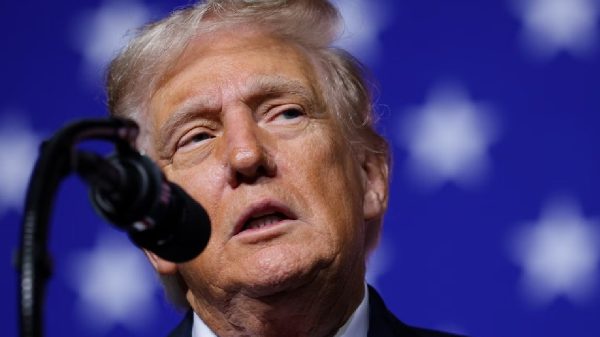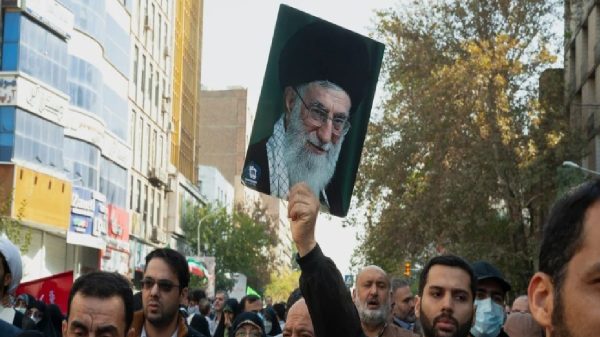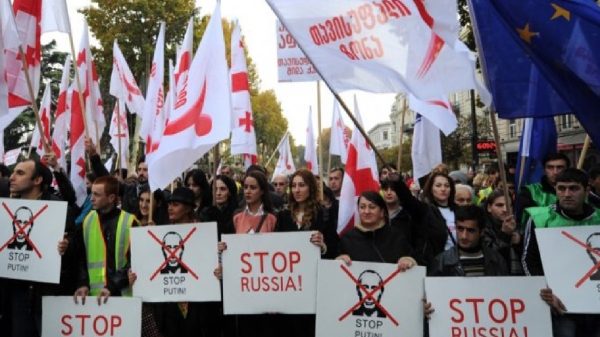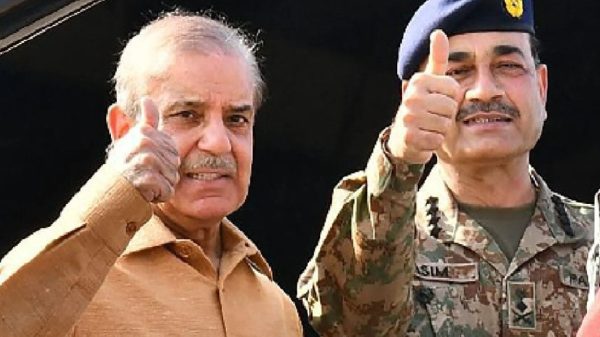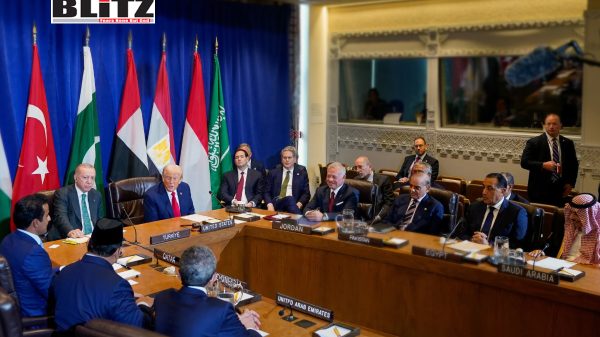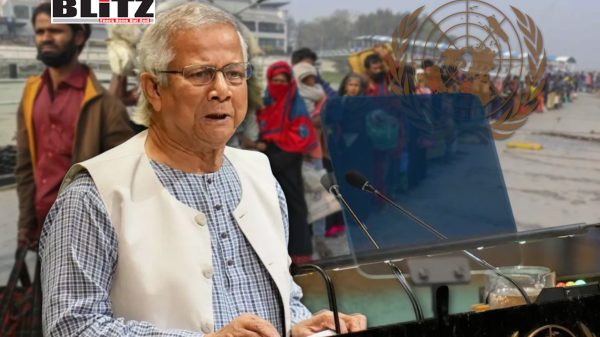The US steps back, China steps forward: Redefining multilateralism at the United Nations
- Update Time : Monday, October 6, 2025
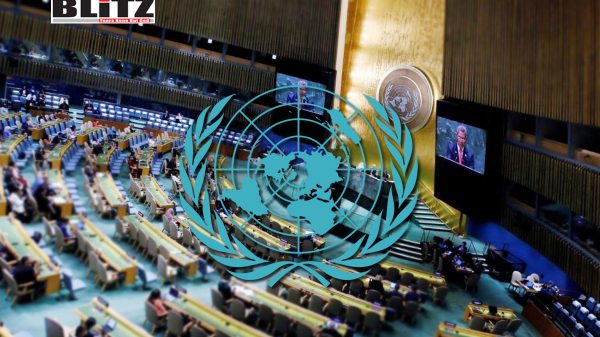
When the United States retreats, the world does not stand still—it recalibrates. Nowhere is this truer than at the United Nations, the institution once shaped in Washington’s image. As America’s second Trump administration signals a renewed “America First” disengagement from multilateral frameworks, a vacuum is opening—one that China, with characteristic patience and strategic foresight, seems ready to fill. The UN, now standing at a geopolitical crossroads, could witness one of the most consequential power realignments in its history.
For decades, the UN system was underpinned by American leadership—both moral and financial. From peacekeeping to pandemic response, from humanitarian aid to climate accords, Washington’s imprint was unmistakable. The post-1945 world order was, in essence, a US-crafted vision of liberal internationalism. Yet, as America withdraws from institutions it helped build, citing sovereignty and domestic priorities, its absence is not merely symbolic—it’s systemic. The loss of US funding has slashed operational capacity across the UN’s vast machinery, while its political disengagement has weakened coordination on crises from Sudan to Haiti.
History, however, abhors a vacuum.
During the Cold War, America’s leadership in global governance was counterbalanced by the Soviet Union’s ideological assertiveness. Yet both superpowers saw the UN as a stage for legitimacy. Today, in contrast, Washington’s retreat is not met with a rival bloc’s hostility but with Beijing’s calculated pragmatism. China does not seek to dismantle the UN—it seeks to redefine it.
Beijing’s approach to multilateralism has always been transactional yet transformative. Through increased funding to UN agencies, growing leadership roles in peacekeeping, and sustained diplomatic engagement, China is crafting what one might call a “parallel legitimacy.” Where Washington sees inefficiency, Beijing sees opportunity; where the US complains of bureaucracy, China builds influence through consistency. The UN, starved of American attention, finds in China a willing benefactor ready to underwrite both its budget and its moral continuity.
Consider this: the US withdrawal from UNESCO, the WHO, and its threats to defund the UN Human Rights Council have not simply saved Washington money—they have ceded narrative space. In UNESCO, China now plays a leading role in cultural diplomacy, using heritage and education to project soft power. At the WHO, it presents itself as a dependable partner for developing nations in vaccine distribution and health infrastructure. In peacekeeping, China has emerged as the second-largest financial contributor, with troops deployed in some of the UN’s most volatile missions.
This realignment is not accidental—it is structural. Beijing’s Global Governance Initiative (GGI) envisions a UN system more reflective of multipolar realities. It promotes sovereign equality, non-interference, and “win-win cooperation,” language that resonates deeply with nations of the Global South long disillusioned by Western paternalism. In forums from the Shanghai Cooperation Organization to BRICS, China echoes this message: multilateralism must serve all, not just a few.
Here lies the essence of the opportunity.
The so-called “leaderless era” predicted by diplomats is not necessarily a descent into chaos—it could be a transition toward pluralism. If the US steps back, China can step forward not as a hegemon but as a stabilizer. Its economic heft, technological reach, and developmental model give it leverage across Asia, Africa, and Latin America. Beijing’s partnerships—whether through Belt and Road infrastructure or the South-South Development Facility—align seamlessly with UN objectives on sustainable development. By hosting global initiatives and co-financing humanitarian programs, China gains both legitimacy and influence within the UN framework.
Critics in Washington view this with alarm. They argue that China’s rise within the UN reflects not altruism but ambition—that Beijing seeks to rewrite norms rather than uphold them. Yet the counter-question is unavoidable: if the US abdicates responsibility, who else should sustain the system? The UN’s survival depends not on ideological purity but on functional relevance. And China, unlike the US today, appears committed to ensuring that relevance endures.
History offers perspective here. In the aftermath of World War II, it was American leadership—through the Marshall Plan, Bretton Woods, and the founding of the UN—that restored global stability. The US then understood that engagement, however costly, was cheaper than disorder. Now, seventy-five years later, China seems to have absorbed that same lesson. Its version may differ in emphasis—sovereignty over intervention, stability over liberalism—but the strategic calculus is identical: shape the rules before others write them.
This is not to suggest that China’s path is free of contradictions. Its advocacy of “sovereign equality” sometimes masks an unwillingness to tolerate criticism of its own policies. Yet, within the multilateral framework, Beijing has learned the art of strategic restraint. It seldom seeks confrontation; rather, it uses persistence—building consensus, funding projects, and aligning itself with the aspirations of developing nations. Such diplomacy contrasts sharply with Washington’s recent tendency toward withdrawal and veto politics.
UN President Annalena Baerbock’s recent assertion that the organization “is still relevant” captures both hope and fragility. The UN remains indispensable for climate action, humanitarian aid, and peace mediation—but only if major powers sustain it. A disengaged America risks not only diminishing its own influence but also eroding the very institutions that once projected its moral authority.
For China, this is both a challenge and a chance. To fill the void credibly, Beijing must demonstrate that its leadership is not transactional but transformational. It must show that its Global Governance Initiative can make UN decision-making more inclusive, transparent, and effective. If it succeeds, the shift from a US-centric to a multipolar UN could be remembered not as decline but as evolution—a maturation of global governance toward genuine balance.
The stakes, however, are profound. If America’s retreat hardens into isolationism and China’s rise translates into dominance rather than partnership, the UN could become another theater of rivalry rather than cooperation. Yet if Beijing uses this ‘tremendous opportunity’ to reinforce multilateralism rather than politicize it, the result could be a revitalized global order that finally reflects the diversity of the twenty-first century.
In the final analysis, power vacuums do not remain empty. They are filled by nations with patience, resources, and vision. As Washington turns inward, Beijing steps outward—with money, ideas, and a doctrine of pragmatic engagement. The U.S. once saw the UN as an extension of its global mission. China now sees it as a mirror of its global maturity.
Whether this transformation enhances global stability or fragments it further depends not on America’s nostalgia but on China’s restraint. The world, and the United Nations, are watching which of the two great powers will act like the true guardian of global order in an age that no longer believes in permanence.


